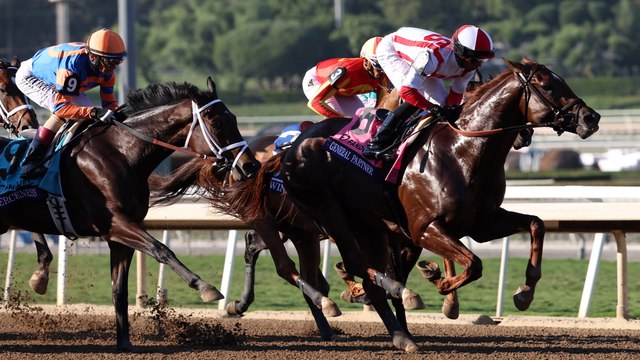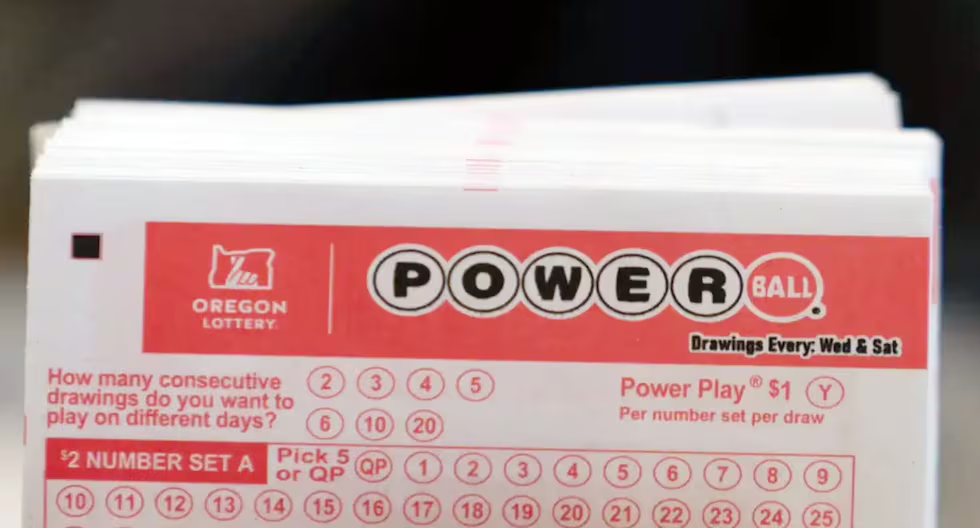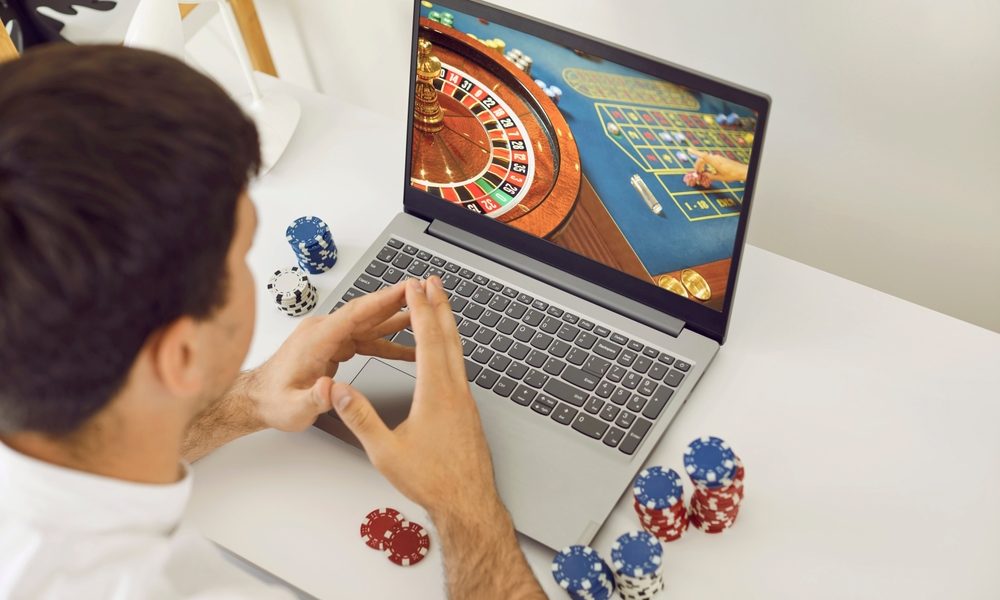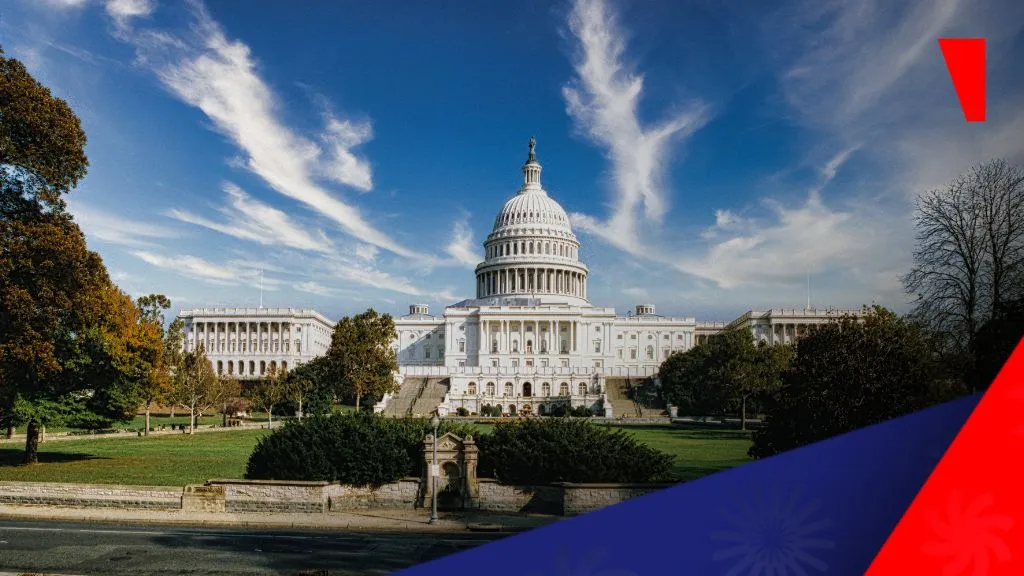California’s struggling horse racing industry is seeking new revenue through Historical Horse Racing machines. However, the move is being blocked by strong tribal opposition and Attorney General Rob Bonta’s legal opinion, leaving few viable options for survival.
Due to growing tribe opposition and a recent ruling by state attorney general Rob Bonta, California’s faltering horse racing business is facing more obstacles in its efforts to install Historical Horse Racing (HHR) equipment.
The state’s already limited gambling options were further restricted when Bonta decided earlier this month that daily fantasy sports constitute unlawful sports betting, reinforcing tribal sovereignty over gaming.
According to the Los Angeles Times, the action raises questions about racecourse owners’ and industry leaders’ attempts to introduce HHR devices—which look like slot machines and have supported racing in other states—as a way to create new revenue sources.
Under Proposition 1A, which was approved in 2000, tribal leaders have the only authority to run slot machines. They have said that they will vehemently fight any efforts to circumvent or compromise their gaming monopoly.
ALSO READ: The $450,000 fine imposed on DraftKings in Massachusetts highlights issues with protocol.
According to Victor Rocha, conference chair of the Indian Gaming Association, “there is very little chance that horse racing will push anything past the tribes.” “The industry is fading… There will be conflict if they continue in that direction [without our help].
California’s horse racing industry has been in steady decline, marked by falling foal crops, shrinking purses, and an aging fan base. While Santa Anita Park posted a modest increase in betting handle this past season, the gains came largely from the closure of Golden Gate Fields in Northern California and a redistribution of wagers.
Industry insiders have long identified HHR machines as a potential lifeline. But of the five pathways once considered for legalization – including ballot initiatives and limited rollouts without tribal consent – only one or two remain viable, insiders say.
The effort has been spearheaded by a working group that includes Bill Nader of the Thoroughbred Owners of California, Josh Rubinstein of Del Mar, Santa Anita official Keith Brackpool, Scott Daruty of The Stronach Group (TSG), and Aidan Butler of 1/ST Racing. Since the California Horse Racing Board (CHRB) is not participating in the present discussions and all participants are bound by nondisclosure agreements, progress has been difficult to achieve.
CHRB Executive Director Scott Chaney stated, “The CHRB is very much in favour of a purse supplement and will aid in seeking that.” “It’s a lot more complicated than just putting machines in,” he said. There are several regulations that nobody likes to discuss.
Courtesy: https://www.covers.com, https://www.casino.org, https://pechanga.net








